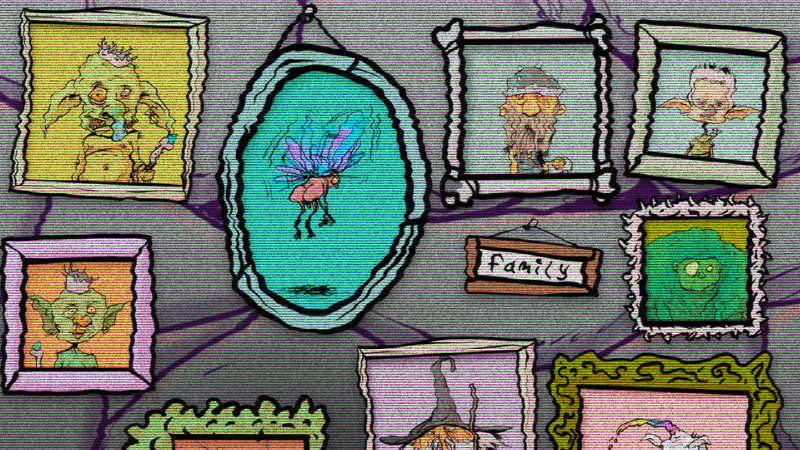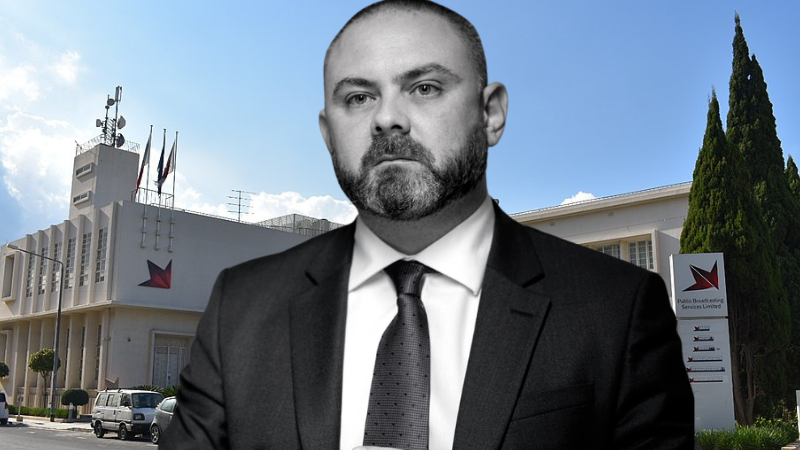Following the death spiral of two hyped-up cryptocurrencies formerly known as Terra and Luna and a subsequent market-wide crash that wiped out over $300 billion, the world of crypto-investors has yet again come under intense scrutiny across the globe.
Despite the massive meltdown in market value left in the wake of the crash that occurred on 9 May, the cryptocurrency world keeps pumping money into new projects, with a truly bizarre project known as ‘Goblin Town’ serving as a perfect example of the market’s sentiment.
Goblin Town is the name given to a collection of what are known as Non-Fungible Tokens (NFTs), digital images which are bought and sold for exorbitant prices largely due to the fact that one’s ownership of the image is immutably recorded on a digital ledger using blockchain technology.
Since its inception after the $300 billion market crash, Goblin Town, which was purposefully named to reflect the crash itself, has amassed massive popularity, with ‘unique’ images selling for up to $136,207 a pop. One of the major points of criticism levelled at NFTs, besides the hyper-inflated climate, is the fact that NFTs can be copied and re-shared, meaning that only the proof of ownership and their provenance are what is preserved on the blockchain’s ledger.
While the crypto-world rallies behind NFTs for better or for worse, Economy Minister Silvio Schembri was quick to hop aboard the hype train. On Tuesday, Schembri spoke of how Malta can place itself as a well-known jurisdiction for NFTs with a good and trustworthy reputation.
The reality is somewhat different. A well-known source in the field consulted by The Shift said that while NFTs are “potentially useful”, such uses would only emerge after the technology has had time to mature.
“The way NFTs are being used right now is simply as a speculative instrument to park cash because of inflation. If you think about digital assets, it’s really in your best interest to distribute them as widely as possible,” he added, describing how some NFTs are minted as limited edition runs while others are completely unique.
“By way of example – what’s more in your interest, selling a million copies of your songs at let’s say €1 each or just selling one at a million? It is that distribution at scale that gives you the reputation and attention that are really your net worth. Without that reputation, what kind of idiot would buy your one track for a million if you do not have a track record and a reputation? Unless for money-laundering, or something dodgy of that kind?”
When asked about the current utility of NFTs as things stand, the source could not draw conclusions since “we are at the very early stages of decentralised technology”.
“Right now, no matter how much I scratch my head, there aren’t any uses that are of real economic benefit. I can see that, on a purely intellectual level, it is a very interesting mechanism, but I still haven’t come to grips with it,” the source said.
While the economy minister spoke of the possibility of legislation that would provide a regulatory framework for NFTs in Malta, the source did not share his optimism, particularly in light of the failure of the ‘Blockchain Island’ project.
“This could be the setting up of a low-effort, quick turnaround industry in Malta. The government doesn’t really care about the industry as long as money pours into a jurisdiction which is in such serious trouble that it is detonating,” he added.
“The Blockchain Island idea was the best attempt they could manage – essentially they wanted to set up a jurisdiction in which people could set up and launch Initial Coin Offerings with minimal risk to the jurisdiction,” he continued.
Initial Coin Offerings, known in short as ICOs, are the cryptocurrency industry’s equivalent to Initial Public Offerings, a method used to raise funds for a new venture. The Maltese government had passed the Virtual Financial Assets (VFA) Act, the Malta Digital Innovation Authority (MDIA) Act which set up the regulator, and the Innovative Technology Arrangements and Services (ITAS) Act.
While international legal scholars were full of praise for the ITAS Act, which creates ample scope for further research and work related to the sector, the VFA Act was virtually dead on arrival shortly after it was officially enacted since it was largely created to cater for ICOs. ICOs went practically extinct in the crypto market meltdown of 2018, even before Malta’s crypto framework came into force in mid to late-2018.
“They were really conflicted when they introduced those laws. They wanted to make it possible for companies to launch ICOs legally but to do so, because of Malta’s reprehensible reputation, they had to add many layers of safeguards, costs, burdens and middlemen. Even before the framework was enacted, the 2017 bubble popped and the whole thing went down the drain,” the source said.
“That’s their mentality and attitude: attempting the set up for quick profit here and there instead taking the time, and putting in the effort, to develop a serious, honest, and flagship industry. Even so, if our jurisdiction were squeaky clean, then an NFT framework would be possible, no matter how questionable its economic utility might be at present,” they added.
In other words, the best the Maltese government could achieve if its reputation was not “ridiculously corrupt and venal” is the setting up of an economic niche similar to what had been done with the iGaming industry.
”When I hear someone like Schembri talking about a new technological venture of this sort after the Blockchain Island disaster, I get the sense that there is some rent-seeker in the shadows somewhere,” they said.
”Even if the minister told me to take 50 peers and put together an NFT industry, I would say that it would take at least three years to carry out research and then write a technical and legal road map,” they added.















Malta seems to be fas to hop aboard any scam train available – it was crypto now NFTs. But always fail to hop on the trains that it should. Silvio Schembri better hop on the climate change train instead.
Any straw will do, none have worked in the past 9 years, they keep trying,
They burnt out a country and turned it into a slum, as the only way they could drive the enconmy was by building thousands of unsellable flets.
Keep on clutching at straws. If the PN had any sense, the last thing anyone wants to do it clean up this mess. I would stay well away!
On Cap’n Bob’s pirate ship Schembri is up in the crow’s nest looking for sails on the horizon.
I mean – really – his real ‘function’ is Minister of Opportunism.